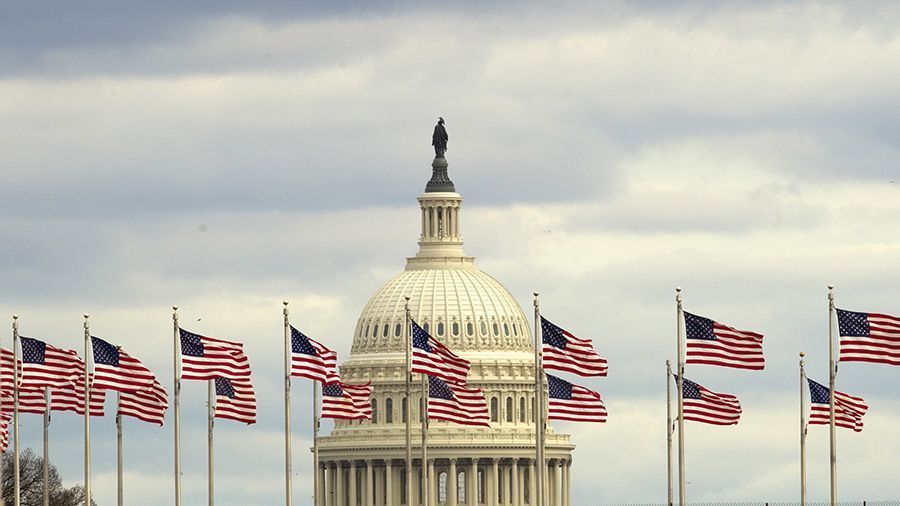The US Financial Stability Board has called on regulators and federal authorities to tighten controls over firms and payment systems that handle cryptocurrencies.
The department is engaged in identifying the risks and threats that the US financial system may face. According to the Financial Stability Board’s report, digital assets have both benefits and many potential risks.
The authors of the report touched upon the topic of digital currencies from central banks. Most banks are interested in issuing their own stablecoin to allow faster payments and maintain the status of national currencies. However, the researchers concluded that if government-owned cryptocurrencies and conventional stablecoins began to spread widely, it would upset the balance of the current financial system. Therefore, the Council stated that any activity with digital assets requires closer scrutiny by regulators.
In addition, the Council mentioned Square and PayPal. These companies are increasingly seeking direct competition with incumbent financial service providers, increasing their market presence. Square announced in October that it was buying 4,709 BTC to expand its economic options, and last month PayPal allowed American users to buy, sell, and store cryptocurrencies using its platform. The agency expressed concerns that regulations governing other financial service providers are not being applied to Square and PayPal.
According to the document, the stability of monetary policy can be violated if “critical services” are provided by third-party services, and not directly by financial institutions. Any operational disruptions can disrupt the activities of financial institutions, which also poses a threat to the financial market. Therefore, the Council called on regulators to more actively identify “innovative” financial products and services related to digital assets, as well as assess their impact on the country’s monetary system.
Note that a new draft law has already been submitted in the United States to regulate stable cryptocurrencies to protect consumers from the risks associated with new digital payment instruments.







